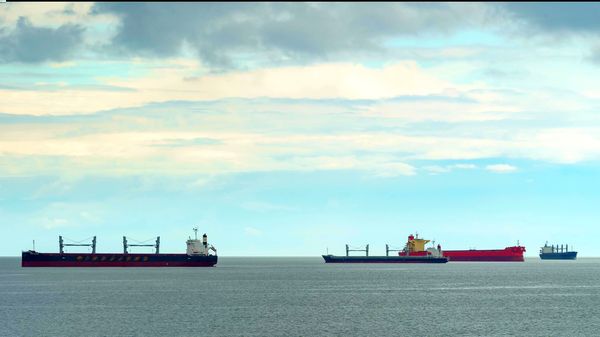Determining which injury laws and jurisdictions apply in an offshore injury or accident at sea often hinges on whether the incident occurred in U.S. navigable waters.
If you or someone you love has been hurt while working on an oil rig, traveling on a cargo or pleasure ship, fishing on a trawler, or even jet skiing, you could be eligible to file a claim. You may do so under statutes that fall under U.S. maritime laws, such as the Jones Act, or the Death on the High Seas Act.
To learn more about your legal options after an accident, contact a Houston maritime accident lawyer from Havens & Associates for a free consultation.

What is maritime law?
Maritime law refers to laws covering private business activities and other nautical concerns, such as shipping or open-water incidents. It covers any accident that happens on or near navigable waters, including lakes, rivers, bays, the Gulf of Mexico, and even further offshore in the open ocean.
Many maritime laws include clauses allowing victims to seek compensation after an accident. They also outline procedures for filing a claim and presenting evidence.
What is navigable water?
Whether you are eligible to file a claim under maritime law depends on whether you were on U.S. navigable waters at the time. Navigable water can mean any body of water not fully contained within one state that can be used by a vessel for interstate or international commerce or transportation.
For example, an incident on Lake Houston might be covered by Texas personal injury laws. Meanwhile, an incident in Trinity Bay or Galveston Bay would likely be covered by maritime law.
So, the first step your Houston offshore injury lawyer must take is determining the jurisdiction for your case and whether state or federal laws apply.
In addition, the flag the ship is flying also indicates what country’s maritime laws (if any) apply. For example, if your boat flies a U.S. flag and you’re in international waters, your case will may be under this country’s maritime laws.
Your rights under general maritime law
Laches are a critical aspect of maritime law cases that may not apply to other personal injury cases. Laches can extend the statute of limitations due to the unique circumstances many offshore workers and sailors face and unusual situations that could preclude filing a case immediately.
Your rights often depend on your job classification. For example, seamen have a right to maintenance and cure. Maintenance and cure provides compensation for living expenses and medical care without the requirement to establish negligence. Offshore oil rig workers may also receive similar benefits, as both jobs often include room and board.
If the vessel you’re on is inherently unseaworthy, you have the right to demand compensation for your damages. In some cases, courts have also awarded punitive damages for injuries related to unseaworthiness due to gross negligence.
Furthermore, maritime injury cases typically permit the plaintiff (victim) to file suit against a third party whose negligence contributed to the incident, even if the vessel is seaworthy.
Have you been injured on U.S. navigable waters? We can help
If you’ve been hurt while on U.S. navigable waters, whether at work or out for pleasure, you may have grounds for compensation under one of the U.S. maritime laws.
Contact Havens & Associates today at (713) 955-2215 for a free case review. We can evaluate your situation, advise you which laws apply, and guide you through the next steps.